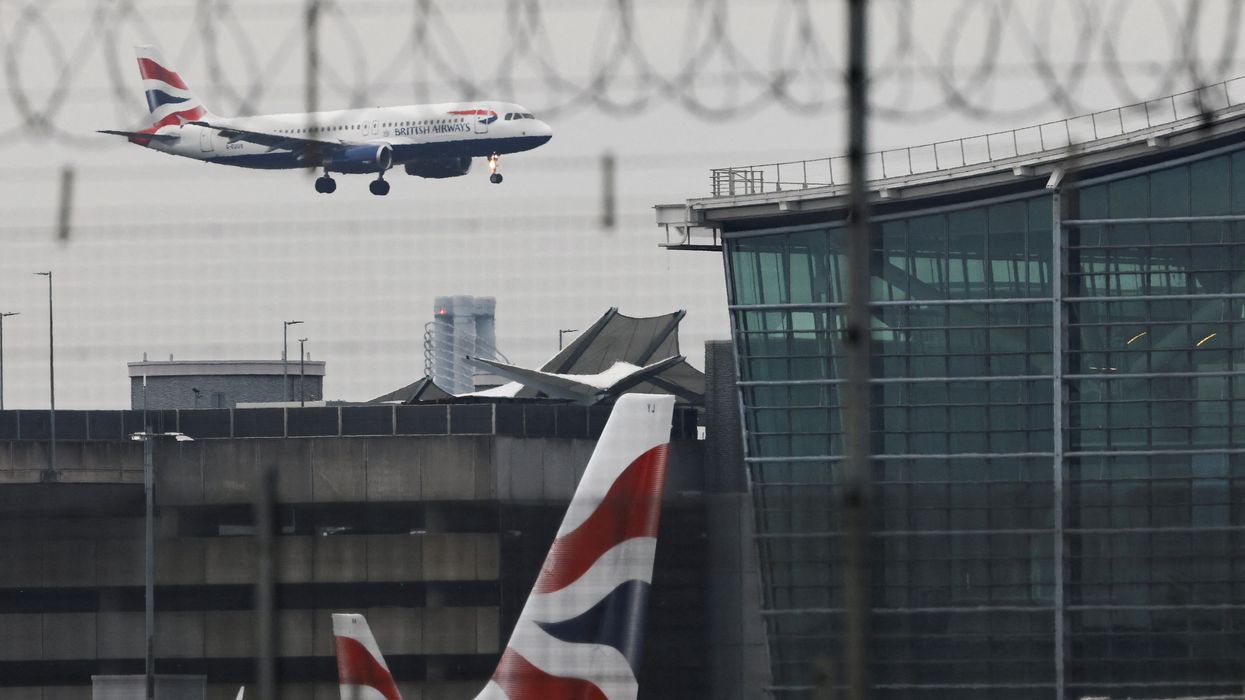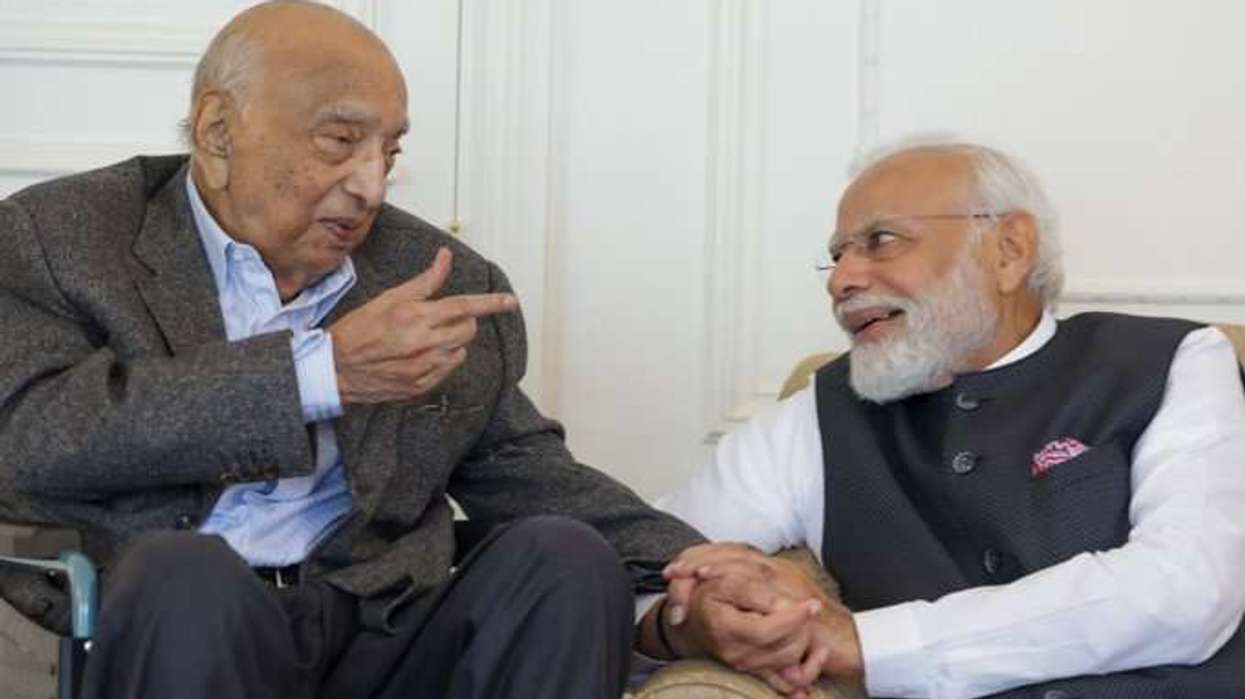LONDON's Heathrow Airport resumed full operations on Saturday after a fire at an electrical substation knocked out power and led to a shutdown of the airport, causing widespread travel disruption.
The closure of Europe’s busiest airport left tens of thousands of passengers stranded as airlines scrambled to reroute flights and adjust schedules. Some flights resumed on Friday evening, but the shutdown for most of the day forced travellers to search for alternative flights and accommodation while airlines worked to reposition aircraft and crews.
A Heathrow spokesperson said teams were assisting affected passengers and additional flights had been scheduled. “We have hundreds of additional colleagues on hand in our terminals and we have added flights to today’s schedule to facilitate an extra 10,000 passengers travelling through the airport,” the spokesperson said.
The disruption raised concerns over how a key infrastructure failure occurred without backup. “It is a clear planning failure by the airport,” said Willie Walsh, head of global airline body IATA and former British Airways chief, who has been a longtime critic of Heathrow.
On Friday, Heathrow had been scheduled to handle 1,351 flights with up to 291,000 passengers. Flights were diverted to other UK and European airports, while some long-haul services returned to their point of departure.
Heathrow Chief Executive Thomas Woldbye said the airport was expected to be fully operational on Saturday. When asked who would cover the disruption costs, he said, “We don’t have liabilities in place for incidents like this,” but added that “procedures are in place.”
To ease congestion, Britain’s Department for Transport temporarily lifted restrictions on overnight flights. However, British Airways chief executive Sean Doyle said the disruption would have a “huge impact on all of our customers flying with us over the coming days.”
Virgin Atlantic stated it expected to operate “a near full schedule” with limited cancellations on Saturday, but said the situation remained dynamic and under review.
Airlines affected by the closure included JetBlue, American Airlines, Air Canada, Air India, Delta Air Lines, Qantas, United Airlines, British Airways, and Virgin Atlantic, according to flight analytics firm Cirium.
Shares in several airlines dropped on Friday following the disruption.
Aviation experts compared the scale of the incident to the 2010 Icelandic volcanic ash cloud, which grounded around 100,000 flights.
Some passengers who landed in European airports may have to stay in transit if they lack the necessary documents to exit.
Hotel prices near Heathrow surged, with some rooms listed at £500, about five times the usual rate.
Police said they were not treating the fire at the power substation as suspicious after an initial assessment, though investigations continued. The London Fire Brigade said it would focus its inquiry on the electrical distribution equipment.
Heathrow and other major London airports have faced similar incidents in recent years, including an automated gate failure and an air traffic control system outage in 2023.
(With inputs from agencies)





